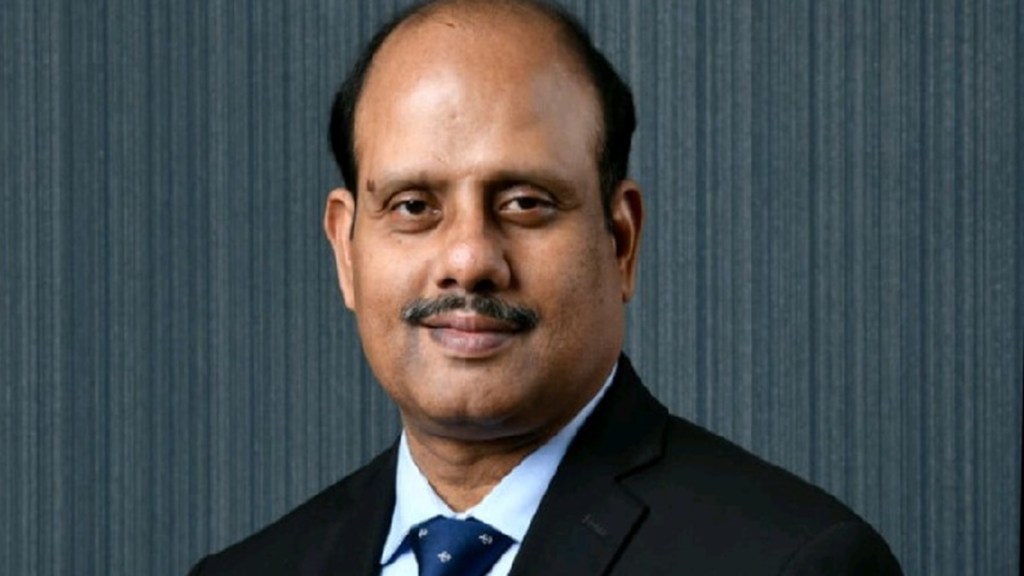Reserve Bank of India (RBI) Deputy Governor Swaminathan J on Monday suggested MSMEs to formalise their businesses, strive for credit discipline and invest in capacity building for better access to finance and improving financial health.
“While regulatory policies and government schemes have played a crucial role in creating an enabling environment for MSMEs, it is equally important for MSMEs to take proactive steps to build trust and enhance their visibility with lenders,” Swaminathan said at an event by the Federation of Telangana Chambers of Commerce and Industry in Hyderabad.
Business formalisation
Udyam registration – The Deputy Governor asked MSMEs operating informally to register on the government’s MSME registration portal Udyam and also file GST returns to enhance business transparency and help lenders assess their creditworthiness for priority sector lending and government schemes.
Accurate financial records – Swaminathan said MSMEs should maintain comprehensive and accurate financial records which is essential for seeking credibility with lenders. MSMEs should adopt proper accounting practices, ensuring their financial records, such as income statements, balance sheets, and cash flow statements are accurate and reliable.
Digital payments – Adopting digital payment such as UPI and online banking creates a digital footprint of financial transactions, making it easier for lenders to assess the financials of the firm, Swaminathan said. He added that digital payments also improve cash flow management, offering MSMEs greater control over their finances and helping them maintain a clear financial record.
Credit discipline
Credit products – The Deputy Governor noted that MSMEs should carefully select the right credit products such as term loans, working capital loans, overdrafts, and invoice discounting to match them with their borrowing needs.
“It is vital to tailor borrowing to business cycles and avoid over-leveraging. Comparing terms across lenders and negotiating for better interest rates and repayment options can result in more favourable credit terms. Further, building and maintaining a good credit score is fundamental for accessing formal financing.”
Use of bank funds – MSMEs should use the bank funds for the purposes for which it was borrowed. Swaminathan said that sometimes it is noticed that working capital funds are diverted for other purposes.
“Many a times, unplanned and improperly funded capacity or market expansions have become a major source of stress, impacting the credit history and thereby the credibility with their banks,” he added.
Capacity building
Skill development – Swaminathan called for investment in capacity building to strengthen operational and financial management skills. He suggested financial literacy programs which help entrepreneurs understand credit appraisal processes, banking norms and government support measures, making them more confident borrowers.
Engagement — MSMEs should engage with industry bodies and trade associations for mentorship, funding opportunities, and market linkages while collaborating with incubators and accelerators that can offer access to training, networking, and funding, the Deputy Governor said.
TReDS – Swaminathan also suggested MSMEs to prioritise the use of RBI’s invoice discounting platform for access to working capital by discounting invoices raised to larger buyers. “By integrating TReDS into their operations, MSMEs can unlock liquidity, improve cash flows and build stronger trust with lenders.”
